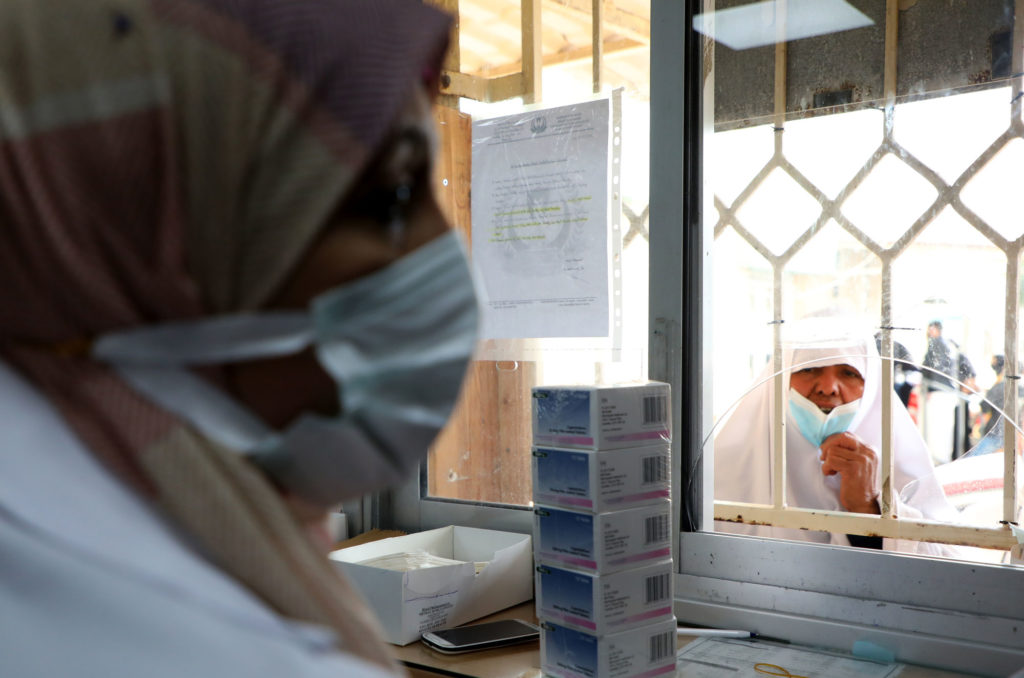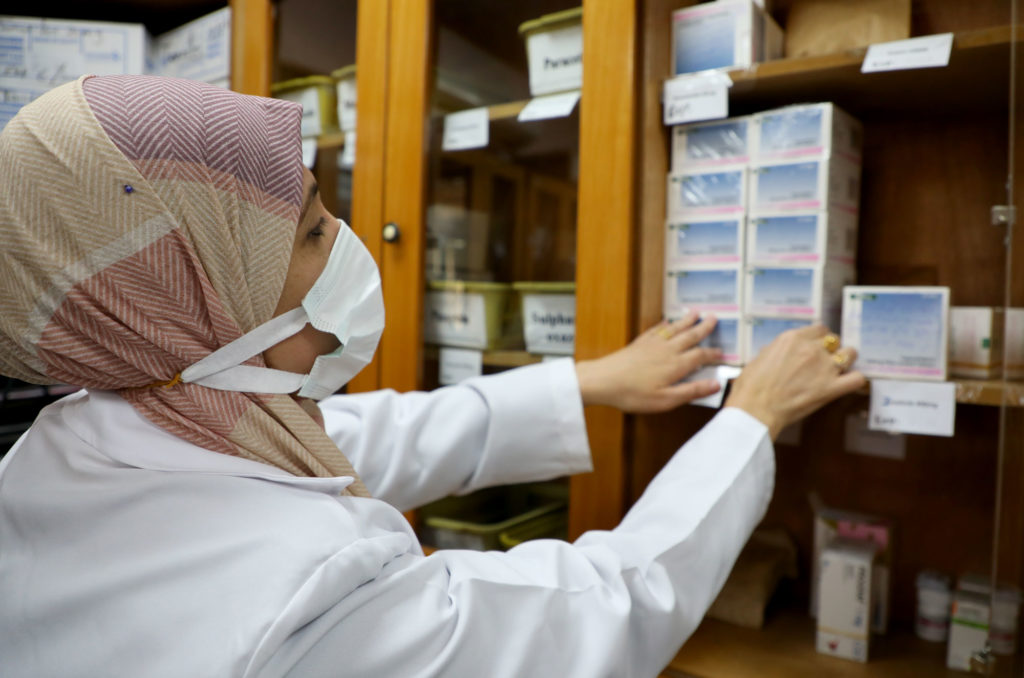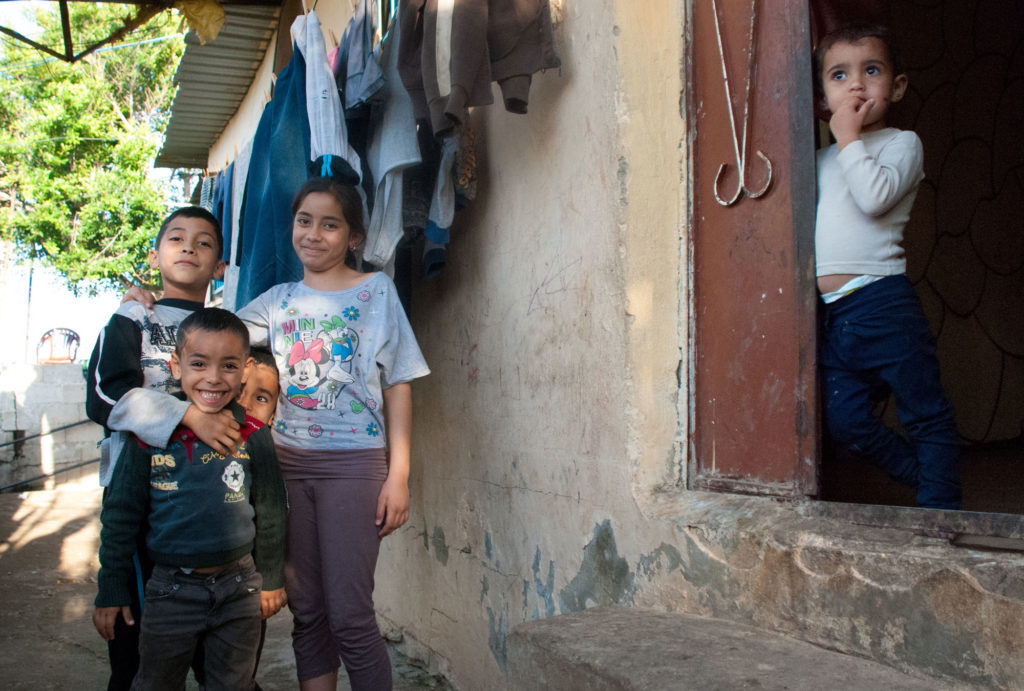Mar, 2022
Anera recently distributed chemotherapy medicine to Shifa Hospital in Gaza.
Cancer is a deeply distressing illness in the best of circumstances. In Gaza, cancer patients face challenges above and beyond. Treatment capacity is limited in Gaza and cancer patients are often referred for specialized care outside the territory. However, many patients are rejected for travel or are forced to travel alone because their designated companion was rejected. Some 40% of medical referral permits are denied or receive no response from Israeli authorities.
Patients with forms of cancer that can be treated through chemotherapy are sometimes able to receive the care that they need within Gaza. Capecitabine is one such chemotherapy medication. In combination with surgery and other drugs, capecitabine is often used to treat patients with Dukes' C colorectal cancer, metastatic breast cancer, and other cancers in cases that do not respond to other chemotherapy drugs.
Unfortunately, capecitabine is not cheap in Gaza. Each box of tablets costs almost half of the average monthly wage in Gaza. Sometimes the entire supply of the medication runs out in Gaza, and patients must be referred for treatment abroad.
Talia Dhaher is a physician at Shifa Hospital, one of the most important hospitals in Gaza. Dhaher has seen firsthand the struggles facing cancer patients here. She notes that consistent availability of chemotherapy drugs is vital to ensuring that patients can complete a full course of treatment and have the best chance of recovery possible.


"Discontinuation of a course of treatment with capecitabine can have severe health consequences for a patient,” Dr. Dhaher notes.
Thanks to a generous medical aid donation from International Health Partners, Anera recently distributed capecitabine tablets to Shifa Hospital. Transportation costs for the shipment of 24,000 anti-cancer oral tablets was covered by a grant from Islamic Relief USA. The donation of capecitabine will be provided to financially disadvantaged patients at no charge.


Testimony on cancer patients suffering in Gaza
Dhaher emphasizes that psychological support is essential when patients are diagnosed with cancer. Patients sometimes visit her for relatively minor symptoms and are often shocked to be diagnosed with cancer.
The doctor relates the case of “a woman who thought that she had inflammation or congestion or something like that in her chest. But it turned out that she had breast cancer and unfortunately it had spread to other areas in her body.” The woman was suddenly confronted with the prospect of undergoing chemotherapy and all of the unpleasantness that it entailed. Like other chemo drugs, capecitabine causes side effects like hair loss and nausea.
Dr. Dhaher says the patient became preoccupied at the thought of losing her hair and initially rejected chemo. Thankfully, the pharmacist was able to talk her through it and convinced her that she had good reason to be hopeful at her prospects for recovery.
Fortunately, chemotherapy was accessible for this patient and others like her, thanks to life-saving medical aid like this donated capecitabine that is so essential to the healthcare system in Gaza.


The views expressed herein are those of Anera and shall not, in any way whatsoever, be construed to reflect the official opinion of IRUSA, its Islamic Relief affiliates, or its donors.


